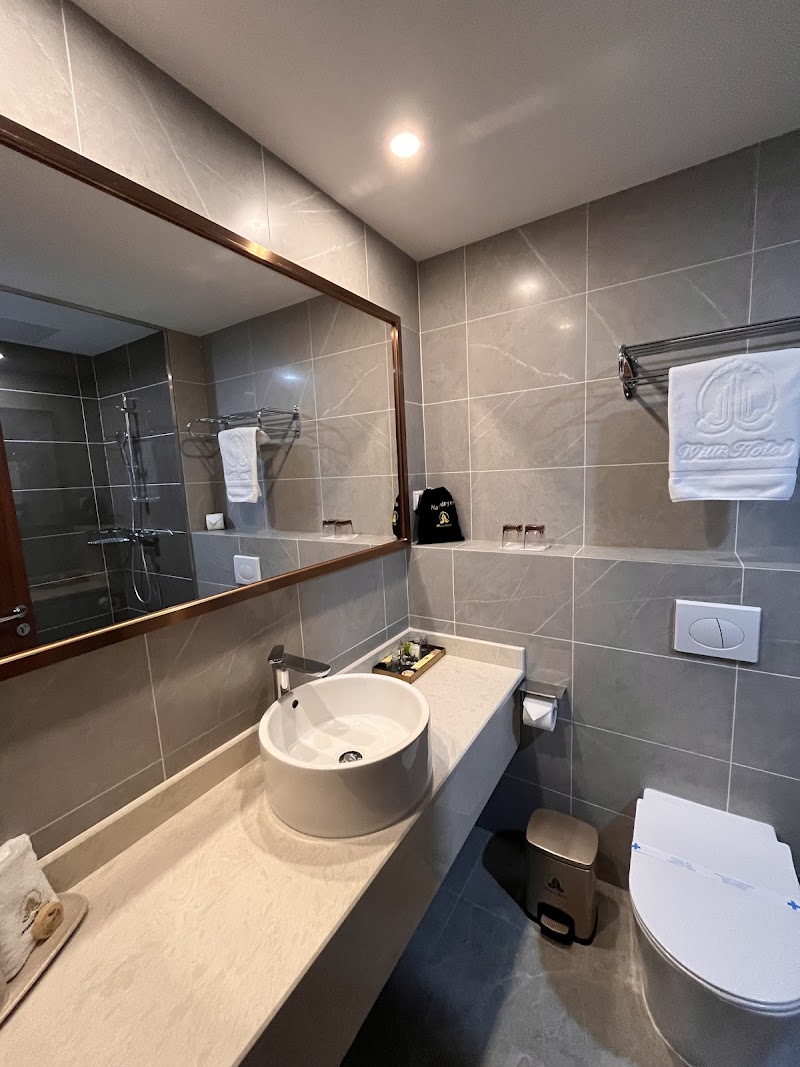Investors
Oops! Something went wrong while submitting the form.




Regular exercise is widely recognized as being central to maintaining a healthy lifestyle. It plays a pivotal role in improving cardiovascular health, strengthening muscles, and boosting mental health. Without regular physical activity, the body's efficiency in operating its regular functions declines.
Moreover, exercise is essential for weight management and prevention of various lifestyle-related illnesses, including Type 2 diabetes and heart disease. By integrating exercise into one's daily routine, individuals can foster both physical and mental well-being.
Physical activity is not only beneficial for the body but also significantly contributes to mental health. Engaging in exercise results in the release of endorphins, often referred to as “feel-good” hormones. These endorphins act as natural painkillers and mood elevators, reducing stress, anxiety, and depression symptoms.
Additionally, consistent exercise improves sleep quality, reinforces the sleep-wake cycle, and boosts self-esteem. By setting and achieving fitness goals, individuals can gain a sense of accomplishment and improved confidence.
Regular physical activity can add years to your life by reducing the risk of chronic diseases. It strengthens the heart, reduces blood pressure, and increases good cholesterol levels. Exercise is also known to enhance the body's immune function, leading to a healthier immune battle against diseases.
Furthermore, engaging in physical activities strengthens bones and muscles, thereby minimizing the risk of osteoporosis and frailty as one ages. This results in improved longevity and better quality of life in the later years.
Exercise often provides opportunities for social interaction. Joining a sports team, fitness class, or running club provides a sense of community and belonging. These interactions can lead to lasting friendships and offer support networks for maintaining a fit and healthy lifestyle.
Consistency is the key to reaping the benefits of exercise. Creating a sustainable routine involves setting realistic goals, choosing activities you enjoy, and gradually increasing intensity. It's important to balance different types of exercise, such as cardiovascular, strength, and flexibility exercises, to achieve overall fitness.
Monitoring progress and celebrating achievements can increase motivation and adherence to the routine. Using technology, like fitness trackers and mobile apps, can offer insights and milestones that further encourage consistency and improvement.
Incorporating regular exercise into daily life is vital for physical health, mental well-being, and overall quality of life. By understanding its extensive benefits and creating a sustainable routine, individuals can enhance their health and enjoy the social and emotional rewards that come with an active lifestyle.